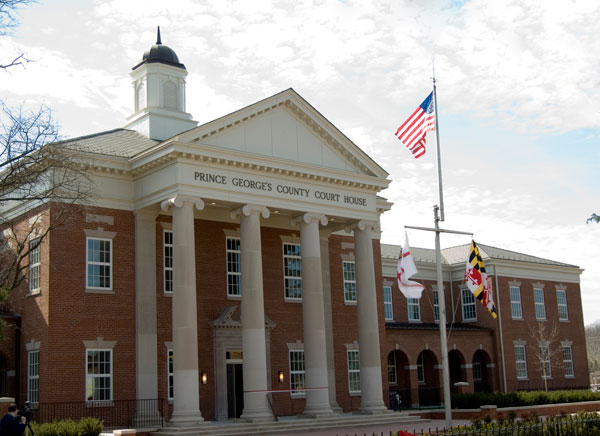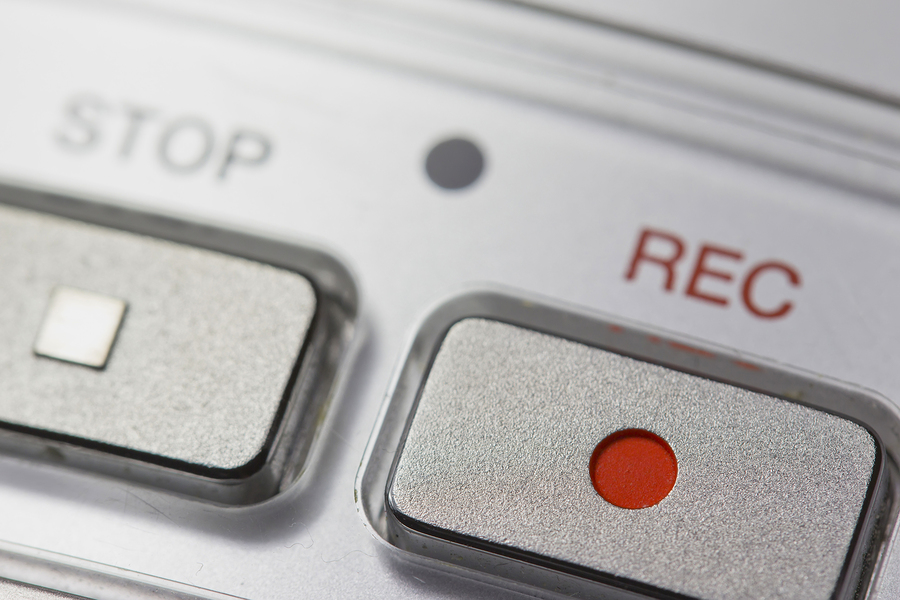Credibility
 It’s a simple word, credibility. Basically, it means a person’s believability. A person may not be credible because he has a history of lying, or because what he says doesn’t make sense when taken with other more believable facts.
It’s a simple word, credibility. Basically, it means a person’s believability. A person may not be credible because he has a history of lying, or because what he says doesn’t make sense when taken with other more believable facts.
In our recent trial, which was a liability dispute with no independent witnesses (we commonly call these “he-said, she-said” cases, regardless of gender), every single lawyer used the word credibility in opening statement and closing argument. Essentially, we all argued that our clients were credible, that the other side did not testify credibly, and sometimes that the witnesses were somewhat credible. It’s standard fare for a trial.
In a trial, credibility is the most important thing a witness or a party has. If the judge or jury has any reason to doubt that person’s truthfulness on any single point, even something unrelated, that doubt can cast a shadow on every point of that person’s testimony. That’s why some lawyers will fight hard to find a lie or a mis-rembering in testimony. It can be the difference between a win and a loss.
 Maryland Car Accident Lawyer Blog
Maryland Car Accident Lawyer Blog


 We just finished a three day trial in the Baltimore City Circuit Court. It was a simple enough case in the beginning–we represented two clients who were injured when they were t-boned on Christmas day as they drove down to Our Daily Bread to help feed the homeless. Liability was disputed (meaning that the other driver’s insurance company believed our driver was at fault). Our clients had reasonable enough medical treatment, so we filed in the District Court for $30,000.00.
We just finished a three day trial in the Baltimore City Circuit Court. It was a simple enough case in the beginning–we represented two clients who were injured when they were t-boned on Christmas day as they drove down to Our Daily Bread to help feed the homeless. Liability was disputed (meaning that the other driver’s insurance company believed our driver was at fault). Our clients had reasonable enough medical treatment, so we filed in the District Court for $30,000.00.  So your lawyer made a claim to the insurance company, and the case didn’t settle. Cases don’t settle for several reasons, including:
So your lawyer made a claim to the insurance company, and the case didn’t settle. Cases don’t settle for several reasons, including:
 Each state has at least one
Each state has at least one  Maryland has one circuit courthouse for each of its 24 counties. These are for civil cases, like automobile accidents, where the plaintiff claims $15,000.01 or more. The plaintiff can file a request for a jury trial. If not, the defendant can file the request. Otherwise, the case will be heard by a judge (called a bench trial). Circuit courts have some significant differences, compared to the Maryland district courts.
Maryland has one circuit courthouse for each of its 24 counties. These are for civil cases, like automobile accidents, where the plaintiff claims $15,000.01 or more. The plaintiff can file a request for a jury trial. If not, the defendant can file the request. Otherwise, the case will be heard by a judge (called a bench trial). Circuit courts have some significant differences, compared to the Maryland district courts.  Most personal injury cases in Maryland go through the Maryland District Courts.
Most personal injury cases in Maryland go through the Maryland District Courts. If you can’t settle your Maryland automobile accident case, where will your lawyer file a lawsuit? We’re going to do a three-part series on the Maryland trial courts, one for every type of court. Your case could be filed in the:
If you can’t settle your Maryland automobile accident case, where will your lawyer file a lawsuit? We’re going to do a three-part series on the Maryland trial courts, one for every type of court. Your case could be filed in the: Attorneys are an argumentative bunch. We disagree on many things, so when we agree on something, you should take notice. Something we agree on–don’t give a recorded statement to the insurance company after an automobile collision. It doesn’t matter if it is your insurance company, or the negligent driver’s insurance company.
Attorneys are an argumentative bunch. We disagree on many things, so when we agree on something, you should take notice. Something we agree on–don’t give a recorded statement to the insurance company after an automobile collision. It doesn’t matter if it is your insurance company, or the negligent driver’s insurance company.